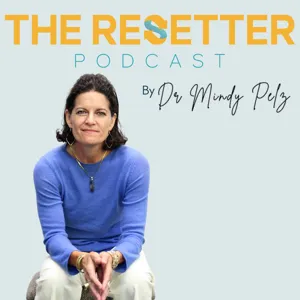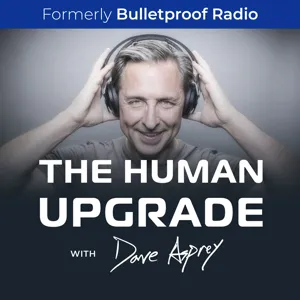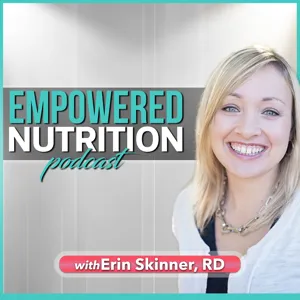Podcast Summary
Fasting shifts bacterial activity in our gut: Fasting triggers different teams of bacteria, potentially impacting overall health and well-being. Join The Big If study to explore effects on hunger, mood, and energy.
Our ancient ancestors fasted out of necessity, but today's convenience of constant food availability may come at a cost to our gut health. Fasting triggers different bacterial activity in our gut, as some bacteria thrive in the absence of food. Tim Spector, a leading researcher in the microbiome field, explains that when we fast, two different teams of bacteria operate in our gut. This shift in bacterial activity can potentially impact our overall health and well-being. The Big If study, led by ZOE Science and Nutrition, aims to explore the effects of intermittent fasting on various aspects of health, including hunger levels, mood, and energy, by inviting citizens to participate. By understanding how fasting affects us, we may discover new ways to improve our health and lifestyle. To join the study and potentially uncover the benefits of intermittent fasting for yourself, visit joinzoe.com/thebigif.
Microbe Akamansia Munisphilia Feeds on Mucus and Helps Regenerate Gut Cells: Akamansia Munisphilia is a microbe that feeds on sugars in the mucus layer of the gut, helping to keep the gut lining smooth and regenerating new cells. Maintaining a balance between eating and fasting is essential for a healthy gut and immune system.
Our gut is home to various types of microbes, some of which thrive on the food we eat while others feed on mucus and dead tissues. One such microbe, Akamansia Munisphilia, multiplies when food-loving microbes disappear, and it feeds on sugars in the mucus layer of the gut, helping to keep the gut lining smooth and regenerating new cells. This process is a natural part of our body's repair mechanisms, but it's important to give both daytime and nighttime microbes a chance to do their jobs. While fasting can be beneficial, it's important not to starve ourselves, and the optimal period of fasting for most people is still a question scientists are trying to answer. In essence, maintaining a balance between eating and fasting is crucial for a healthy gut and immune system.
Discover the right fasting plan for your unique needs: Join The Big IF study to find the optimal fasting regime based on individual responses to mood, energy, and hunger levels.
Everyone's body responds differently to fasting, and it's essential to find the right fasting plan that suits our unique needs. The discussion highlighted the presence of different types of bacteria in our gut that affect how we process food and the importance of letting the body cleanse during fasting. Some people may benefit from short, intermittent fasts, while others might need longer periods without food for optimal health. The Big IF study, a large-scale clinical trial, offers an opportunity to discover which fasting regime works best for individuals by tracking mood, energy, and hunger levels. By signing up for free at joinzoe.com/thebigif, we can join this groundbreaking research and potentially unlock the benefits of intermittent fasting for our own wellbeing.





